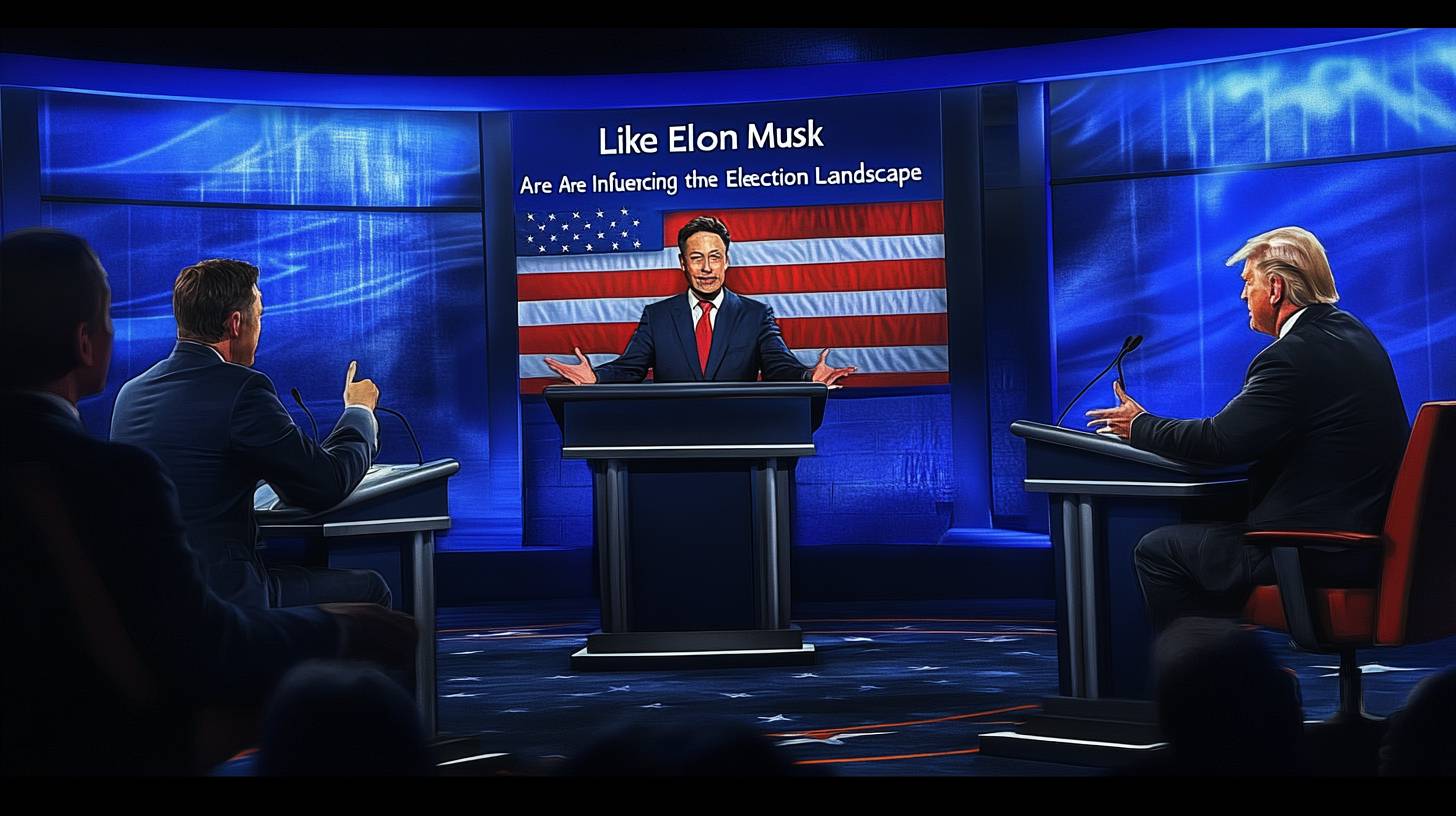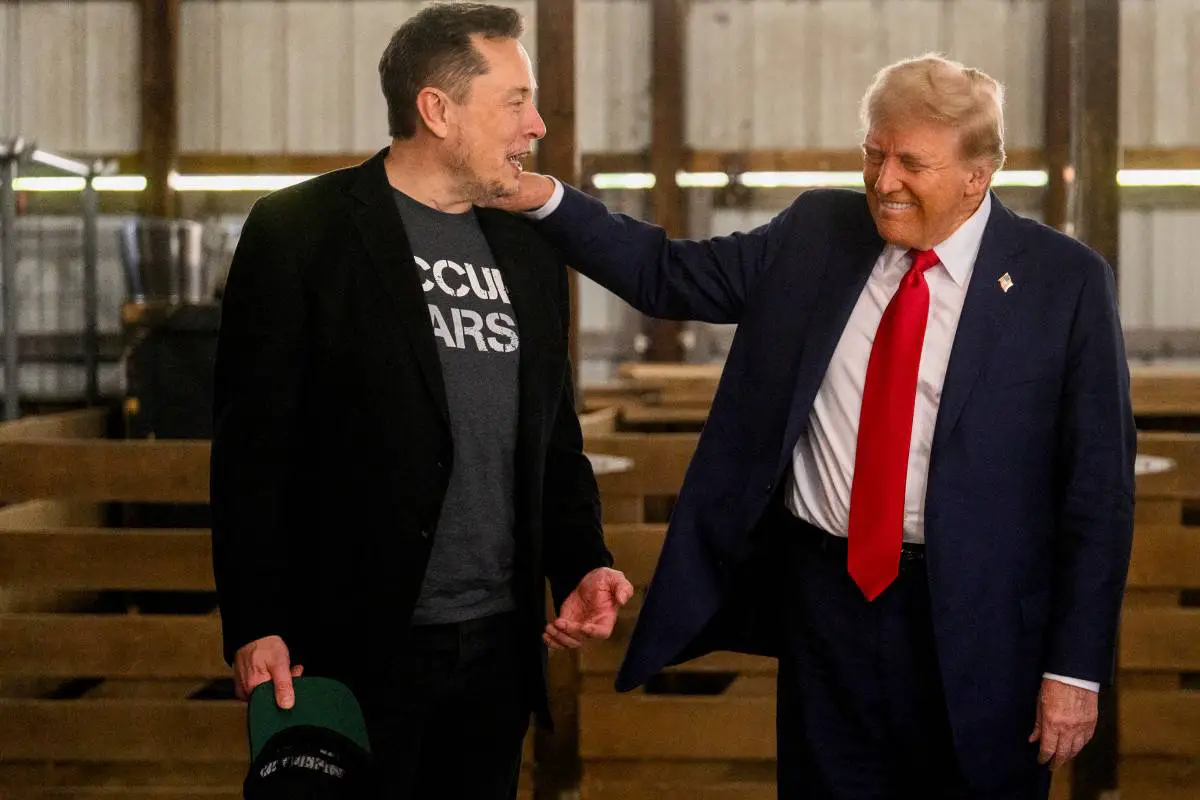
Political affiliations of leading CEOs
The political affiliations of leading CEOs reveal a marked inclination towards the Republican Party, especially among executives from major publicly traded corporations. A research study by Harvard Law School analyzed the political ties of CEOs from Standard and Poor’s 1500 companies over an 18-year span (2000-2017) and discovered that 57% identified as Republicans, contrasted with only 19% who identified with the Democratic Party. The balance of CEOs were either politically neutral or had indeterminate affiliations.
This Republican preference is understandable, considering the party’s conventional views on significant issues such as corporate tax reforms and deregulation—measures that largely favor major corporations. For Australian businesses engaged in the U.S. market, grasping this trend is vital, as these CEOs’ political inclinations can shape the general business climate, impacting trade policies, tax regulations, and frameworks that influence international operations.
Although the U.S. political scene might appear remote, the impact of American corporate leaders on global markets is significant. Australian firms, particularly those with U.S. subsidiaries or crucial trade connections, should be aware of how these political leanings may influence future business conditions. The Republican Party’s business-friendly policies, such as reduced corporate taxes, could foster a more advantageous environment for Australian enterprises in the U.S., particularly in industries like mining, energy, and technology.
Nevertheless, it’s essential to recognize that not every CEO is firmly aligned with one political party. Some, like Jamie Dimon of JPMorgan Chase, have historically backed Democratic candidates yet have opted to remain neutral in the 2024 election. This indicates that while a general tendency towards Republican support exists, individual CEOs may consider their political ties alongside broader business factors, such as regulatory continuity or possible government appointments.
For Australian investors and business executives, monitoring these political affiliations can yield valuable insights into the prospective trajectory of U.S. economic policy, which in turn can influence global markets and investment policies. Understanding the political tendencies of top U.S. CEOs extends beyond merely forecasting election results—it involves anticipating the legislation that will shape the business landscape for Australian companies.
Principal financial supporters in the 2024 election
As the 2024 U.S. presidential race intensifies, the financial support from prominent corporate figures is facing increased examination. Notably, several notable CEOs have stepped forward as major contributors to political campaigns, with their financial involvement potentially influencing the election’s outcome. For Australian enterprises engaged in U.S. markets, it is crucial to comprehend who these supporters are and what they represent, as their impact may guide the regulatory and economic environment affecting international trade and investment.
Elon Musk, the CEO of Tesla and the richest person globally, has positioned himself as one of the most visible financial backers of Donald Trump’s 2024 campaign. Musk’s financial contributions to America Pac, a super PAC that supports Trump, have exceeded 8 million. His endorsement of Trump is perceived as a strategic choice, aligned with his goal for diminished federal regulation, particularly in sectors like energy and technology, where Tesla is active. For Australian companies in technology and renewable energy, Musk’s influence may suggest a more deregulated U.S. market, potentially paving the way for collaboration or expansion opportunities.
Additionally, Stephen A. Schwarzman, CEO of Blackstone, stands out as a significant figure who has consistently supported Trump and the Republican Party. Schwarzman has donated over 5 million to Republican candidates and initiatives during the 2024 election cycle. His dissatisfaction with the Biden administration’s economic strategies, especially concerning taxation and regulation, has fueled his financial backing. For Australian enterprises in areas like real estate, private equity, and finance, where Blackstone has substantial influence, Schwarzman’s support for Trump might signal an inclination toward policies that promote deregulation and tax reductions, possibly fostering a more favorable investment atmosphere.
Conversely, some CEOs have opted for neutrality or have been reluctant to make major financial donations. Jamie Dimon, CEO of JPMorgan Chase, has historically backed Democratic candidates but has refrained from publicly endorsing anyone for the 2024 election. Reports indicate that Dimon may be positioning himself for a possible role in Kamala Harris’s administration if she emerges victorious. For Australian companies within the financial services domain, Dimon’s neutrality could indicate a cautious stance, as the election results may define the forthcoming trajectory of U.S. financial regulation.
Warren Buffett, CEO of Berkshire Hathaway and a known Democrat, has similarly stayed out of the political spotlight during recent elections. While Buffett has historically supported Democratic candidates, he has not made any public declarations regarding the 2024 race. His decision to remain disengaged may reflect a broader tendency among certain business leaders who prioritize long-term economic stability over immediate political advantages. For Australian investors, Buffett’s reserved approach might signal a focus on fundamentals rather than getting entangled in political discourse.
For Australian firms and investors, the financial backing of these CEOs transcends mere U.S. political relevance—it serves as a potential forecast of future economic policies that could influence global markets. Whether through Musk’s advocacy for deregulation, Schwarzman’s push for lower taxes, or Dimon’s prospective role in a future administration, the decisions of these corporate leaders will create ripple effects across various industries, including those with considerable Australian stakes. Vigilantly observing these developments will be essential for navigating the business landscape post-election.

